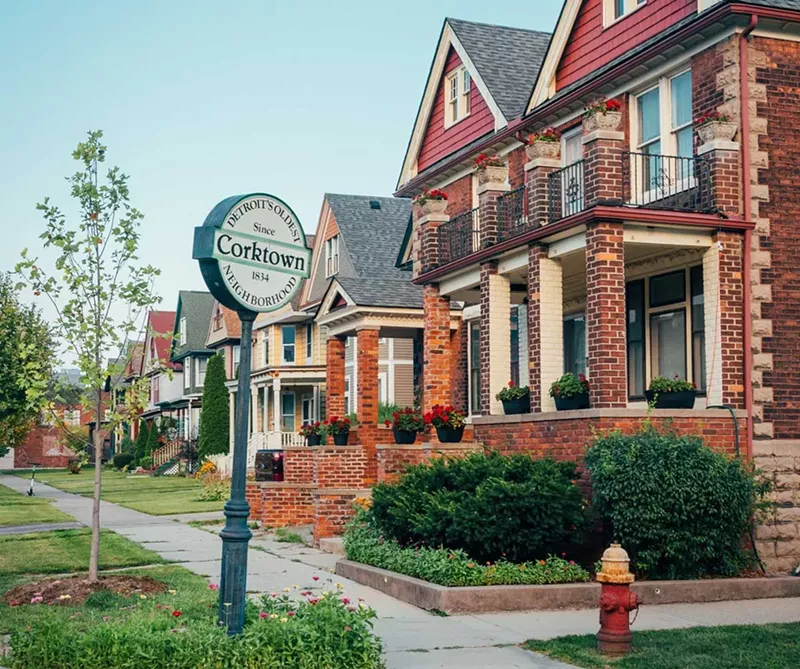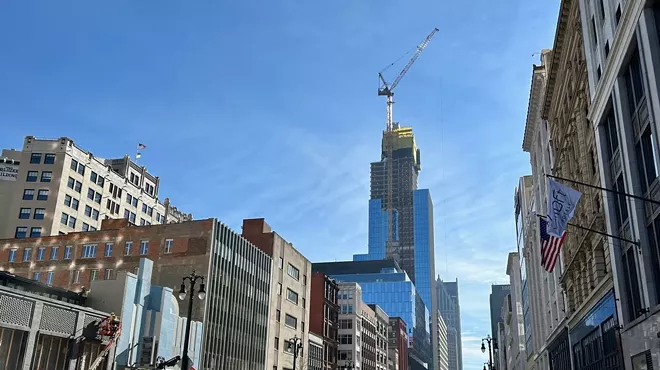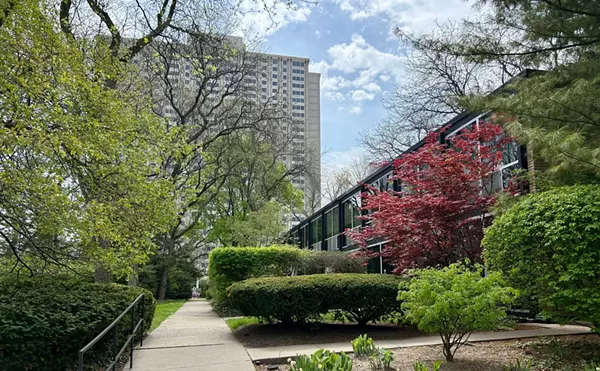Think tank urges next Detroit mayor to focus on reversing shrinking middle class
Middle-class households currently make up just 26% of the city, compared to 39% in the surrounding region

Audio By Carbonatix
[
{
"name": "GPT - Leaderboard - Inline - Content",
"component": "35519556",
"insertPoint": "5th",
"startingPoint": "3",
"requiredCountToDisplay": "3",
"maxInsertions": 100,
"adList": [
{
"adPreset": "LeaderboardInline"
}
]
}
]

As Detroit prepares for a new mayoral election, Detroit Future City is calling on the next administration to prioritize building a stronger middle class, warning that the city’s long-term stability depends on it.
The think tank, which develops strategies for a more equitable city, published a new report that outlines a strategy aimed at three key areas: expanding middle-class neighborhoods, helping Detroiters gain wealth, and investing in climate-resilient infrastructure.
The stakes are high. More than $820 million in federal COVID-relief funding is running out, and the city faces looming debt obligations and economic uncertainty.
“Without significant new revenue, it will struggle to meet these commitments while sustaining the vital programs that drive its prosperity,” the report states.
Detroit Future City (DFC) defines middle-class households as those earning between 80% and 200% of the national median income, or between $62,000 and $155,000 in 2023. Only about 26% of Detroit households meet that threshold, compared to 39% across the region.
To reverse that trend, the report calls on city leaders to “commit to being a middle-class city.” That includes expanding access to affordable homeownership, improving rental housing, investing in neighborhood amenities, and increasing safety.
The report was released as Mayor Mike Duggan plans to depart at the end of the year after three terms and run for governor as an independent. Numerous candidates have lined up for the mayoral primary election on Aug. 5.
The report stresses that the city and its new mayor must “work in close partnership” with community groups, nonprofits, and state and federal agencies to reach these goals. It also emphasizes the importance of grounding policy decisions in “data, research, and the lived experience of residents.”
On wealth generation, DFC recommends targeting investments in industries with high concentrations of middle-class jobs, especially those with strong representation of Black workers. The report calls for better alignment between education and job opportunities, more pathways to good jobs for residents without four-year degrees, and increased support for small businesses.
The report also highlights barriers to wealth building, such as heirs’ property issues that prevent families from securing tax exemptions and home repair funds. It encourages expanded estate-planning programs and legal aid to protect generational wealth.
Infrastructure is another critical focus. DFC calls for continued investment in stormwater systems to reduce neighborhood flooding, policies to support community solar projects, and upgrades to the power grid.
The report also calls for better transit access, more walkable neighborhoods, and the reuse of the city’s 18 square miles of vacant land to create parks, greenways, and urban forests.
For the first time in more than six decades, Detroit saw a slight increase in population in 2023, but has lost nearly 59,000 residents since 2013, including 72,000 residents. To match the region, Detroit would need to add roughly 34,000 middle-class households.
“The future as a thriving, resilient, and economically vibrant city will depend on the ability to grow the middle class and attract new high-growth businesses to the city,” the report states.







